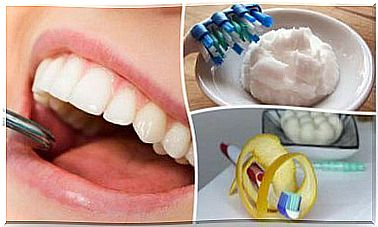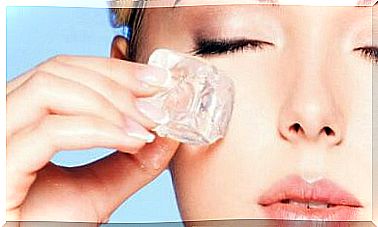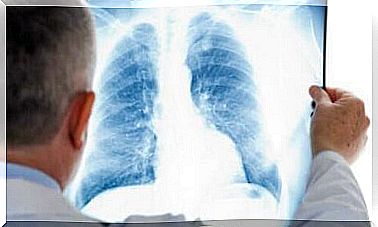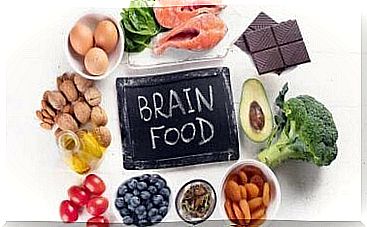Find Out Your Ideal Cholesterol Level
It is very important to keep cholesterol at an adequate level for our cardiovascular health, because once it is too high it is more difficult to regain the balance.

A person’s cholesterol level is a critical factor in determining their risk for cardiovascular disease and heart disease. In case you still don’t think it matters, these diseases are the number one killer in the world. In Europe, they cause up to 4 million deaths per year.
Knowing the right cholesterol levels helps us both prevent this type of disease and provide the right treatment to fight it. Here’s everything you need to know about the right blood cholesterol levels for your age.
What are the correct cholesterol levels?
Cholesterol is a lipid substance found in the blood. It is used by our body to perform various activities such as producing hormones or digesting food, among others. Our body is able to produce cholesterol. In fact, it generates everything it needs through biosynthetic processes.
Moreover, our body also gets exogenous cholesterol through the consumption of food. The most important are those of animal origin such as: eggs, meat, liver or dairy products, among others.
However, a high presence of cholesterol from the ingestion of food generates a decrease in endogenous cholesterol, produced by biosynthesis. This ends up causing a disproportionate level of ingested cholesterol and cholesterol that the body benefits from.
You could say that the most unfavorable characteristic of cholesterol is that it is not a water soluble substance. Therefore, when found in large quantities, an inevitable build-up occurs in the walls of the arteries. It can clog them and cause life-threatening illnesses.
How to measure cholesterol?
There are two types of cholesterol in the blood: good (HDL) and bad (LDL). Bad cholesterol (LDL) is low density cholesterol that tends to lodge in the walls of the arteries. Good cholesterol (HDL) is a high density lipid produced by the body. It has the ability to bring bad cholesterol back to the liver for subsequent elimination.
Today, as needed, there are tests that can identify the levels of each type of cholesterol, as well as the totals. The best way to measure them is to perform a blood test called a “Lipoprotein Panel”. This test gives an overview of the lipid levels in the blood. Thus, the information he gives us is as follows:
- Triglycerides
- Total cholesterol (LDL and HDL)
- Good cholesterol (HDL)
- Non-HDL (a level that includes several low density lipids, such as LDL)
- Bad cholesterol (LDL)
Ideally, anyone over the age of 20 should be tested at least once every 5 years.
Adequate Cholesterol Levels in Women and Men
Regarding the total cholesterol level, for women and men under 19 and children, an adequate cholesterol level should be less than 170 mg / dl. However, for men and women over the age of 20, the concentrations should be between 125 and 200 mg / dl.
In the case of pregnant women, it should be taken into account that the cholesterol level during pregnancy may increase slightly. Therefore, if it is close to 240 mg / dl, there is no need to worry. Nevertheless, appropriate follow-up with a specialist doctor is recommended.
Bad cholesterol (LDL) levels in women and men should be less than 100 mg / dl regardless of their age. In women and men under 19, the level of good cholesterol (HDL) should be above 45 mg / dl. In the case of women over 20, more than 50 mg / dl. For men, more than 40 mg / dl.
In addition to taking the test at least every 5 years, a low fat diet is recommended. Keep in mind that once high cholesterol levels are reached, it is much more difficult to get back to the right levels. All this without forgetting that you would be putting your health at risk, so you should keep this in mind: keep your cholesterol levels under control at all times and you will avoid scaring yourself with your health.








